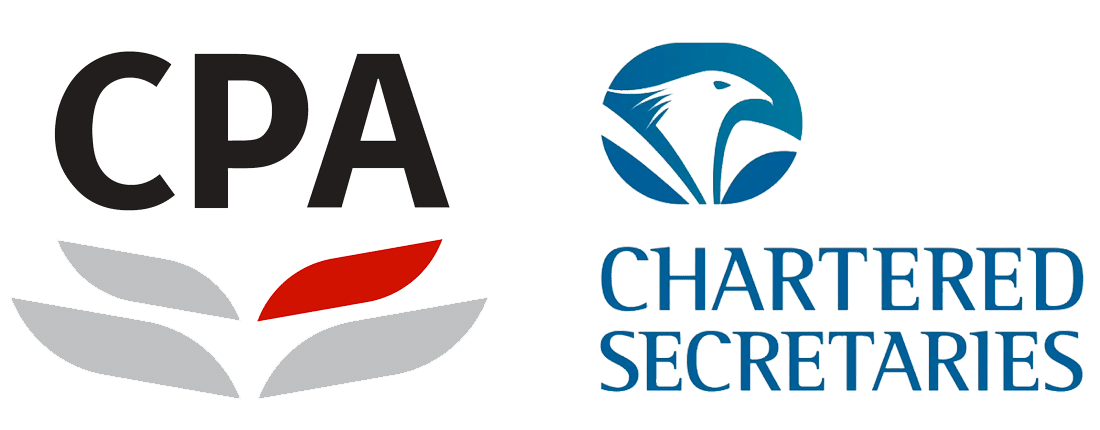If you have been following our blog updates, you probably have plenty of information about company formation and company maintenance in Hong Kong. Today we’d like to talk about corporate conscience in Hong Kong. What are the core values in Hong Kong and how does it affect your business operation?
Why ESG is more than just a hot topic in Hong Kong?
More and more Hong Kong locals recognize corporate conscience these days. “Corporate social responsibility” has become a form of self-regulation. When we view values of a company, there are always three important factors or hot topics in Hong Kong. They are Environmental, social, governance (“ESG”). While some company owners may think that putting resources in ESG is a waste of resources, some are in the view that good ESG management can benefit company owners. In this article, we will look into different examples in Hong Kong. Before we start, here are some examples of what “ESG” is about.
Environmental
There are increasing awareness of environment issue in this decade. Not only are there more regulations on water, air and land pollution, many Hong Kong Companies have taken initiative to implement waste management, adopt sustainable products, and maximize eco-efficiency.
Social
The society values fairness, welfare, rights, health and safety of employees. There are new rules and discussion on working hours, minimum wages, and working area condition. For example, a sophisticated welfare system can better retain talents, minimize employee turnover and maximize productivity.
Governance
Company governance is more about business ethics. In the latest CG Watch published in December 2018, Hong Kong ranked No.1 for corporate governance in Asia. Corporate governance is the system by which companies are controlled and operated. Good corporate governance promotes responsible decision making. It upholds ethical behavior and encourages communication with different stakeholder groups.
Case Study in Hong Kong
Below are some examples how ESG can affect business operation in Hong Kong. These examples also explain why Hong Kong company owners have incentives to devote resources in corporate conscience area.
The Hong Kong and China Gas Company Limited (Stock Code: 3)
From extract of press release dated 10 August 2016, the Gas company is a good example of how ESG can benefit companies and investors in terms of financial performance. The company renovated its office building in 2015. The new office’s design make good use of natural lights. Comparing the data in 2012, the company successfully reduced 1 million kWh of electricity consumption under the new renovation. The decision help reduce 780 tons of greenhouse gas emissions, and the company managed to save 1.2 million Hong Kong dollars.
The company also arranged events and meetings to educate and encourage staff to protect the environment. Over the years, the company has successfully reduced the paper and water consumption by 3.5% and 12.8% respectively. A good ESG management can mean more than fulfilling social responsibility or corporate conscience. We can see exact figures of expenses being saved. This is an example how good ESG management creates value for company owners.
MTR Corporation Limited ( Stock code 66)
MTR corporation is one of the most important public transports in Hong Kong. Over the years, MTR has adopted energy saving technology. They purchased light rail equipment for some new territories area. From statistics, light rail consumes 75% less energy than heavy rail and metro systems. It is clear that investing in ESG can reduce expenses in long run and stakeholders can benefit from this type of investment.
Research of JP Morgan
While there are many good examples, I’d like to show how bad ESG management may harm a Hong Kong company. In recent years, people are more aware of relationship between food and health. People changed their way of food consumption. This has led to an increase in demand for healthy food. JP Morgan interviewed 89 companies in the food and beverage industry. Companies which offer healthier foods show better financial performance than companies which do not. Companies, including Pepsi Co, Kraft, McDonalds, Nestle, have taken initiative to respond to the changing trend of food consumption. They launched product reform and tried to offer healthier options for customers. This is an example how social factors, such as health, diet and obesity issues, could affect performance of a company.
Ajisen (China) Holdings Limited (Stock Code 538)
Ajisen Ramen is a chain of Japanese ramen noodle soup restaurant. The company is famous for its soup. The soup base is known to be made by pork bones. However, there were allegations that their soup base was actually made by concentrated flavouring powders in 2011. Moreover, they were found to use gutter oil, a waste oil which was recycled from grease traps and sewer drains, in making its food product in 2014. Obviously, this is a matter related to ESG as consumers care about food ingredients, health, safety, and business ethics.
The incident caused bad influence on the company’s reputation. Customers’ loyalty and profits declined. It became less attractive to the market. It became more difficult to arrange fund raising. The incident showed that the company had poor risk management. The company neglected the social impact and eventually suffered from market punishment. Its share prices dropped more than 50% between 2011 – 2012 and it continued to drop approximately 80% since the incident in 2011. Investors were affected by these incidents. If the company had appropriate ESG management, these incidents could have been avoided.
Café De Coral (Stock Code 341)
Another chain of restaurant, Café De Coral has been involved in a scandal related to social matters. Since Hong Kong introduced the regulatory requirement for minimum wages. Café De Carol has announced that lunch break is not classified as working hours and workers will not be paid. The company captured negative media attention. Staff made complaints to work unions. The incident led to high employee turnover and resulted in boycott campaign.
As the society values fairness, welfare, rights, health and safety of employees, Café De Carol has failed to meet the expectation of the public. The high turnover rate of employee has caused a deterioration of quality and service. Not only did the company have a bad reputation, it eventually affected the interests of company owners. If we compare the return of equity between Café De Coral and its main competitor, Fairwood, the returns of Fairwood is approximately 10% better than Café De Carol since the minimum wages incident in 2011. If a company continues to exploit its employees, it may affect long term competitiveness of a company. Therefore, good ESG management is needed.
Conclusion
From the above examples, we can see that ESG management can indicate future competitiveness of a Hong Kong company. A company with good ESG management is more likely to achieve a better financial result in long run. Thank you for reading. If you have any questions, feel free to contact our incorporation team at info@getstarted.hk
Disclaimer: This article is intended for reference only. The above information is provided to you on an “AS IS” basis without any express or implied warranty of any kind and is provided for a general, indicative purpose only. In particular, Get Started HK Limited does not make any express or implied warranty as to the accuracy, reliability, security, timeliness in relation to such contents.



